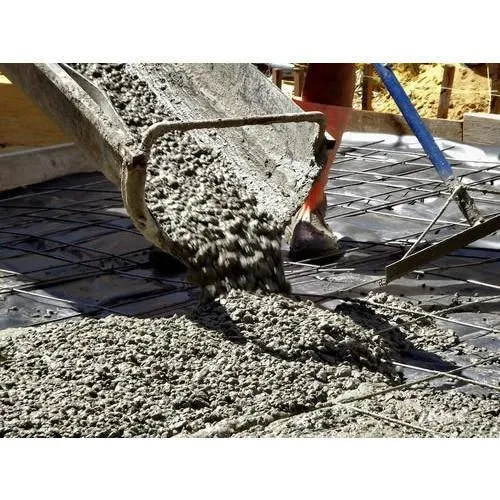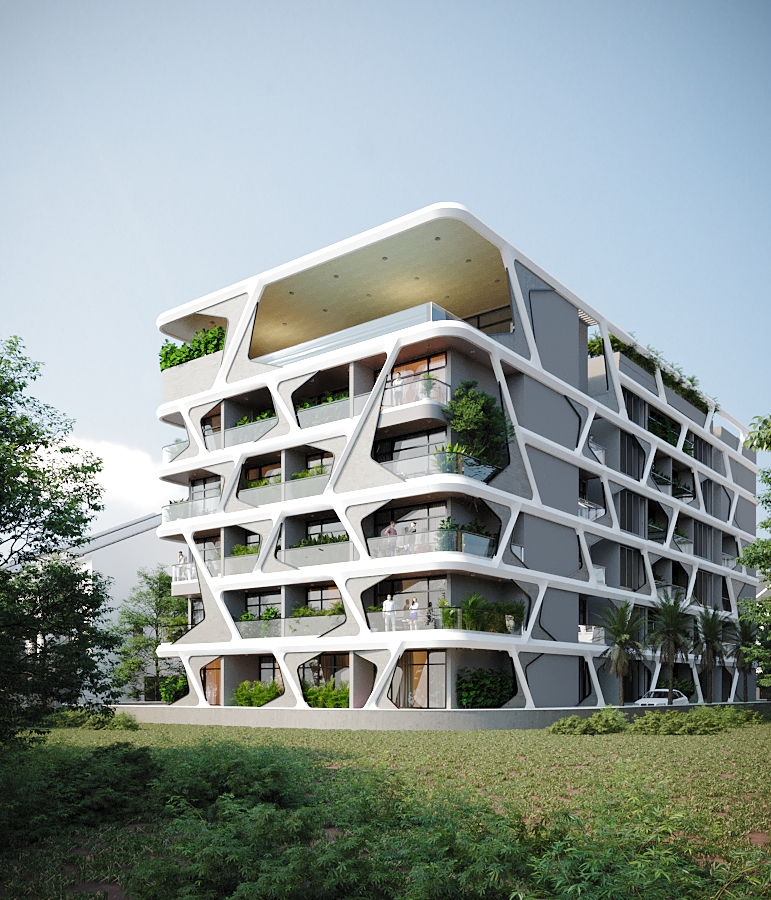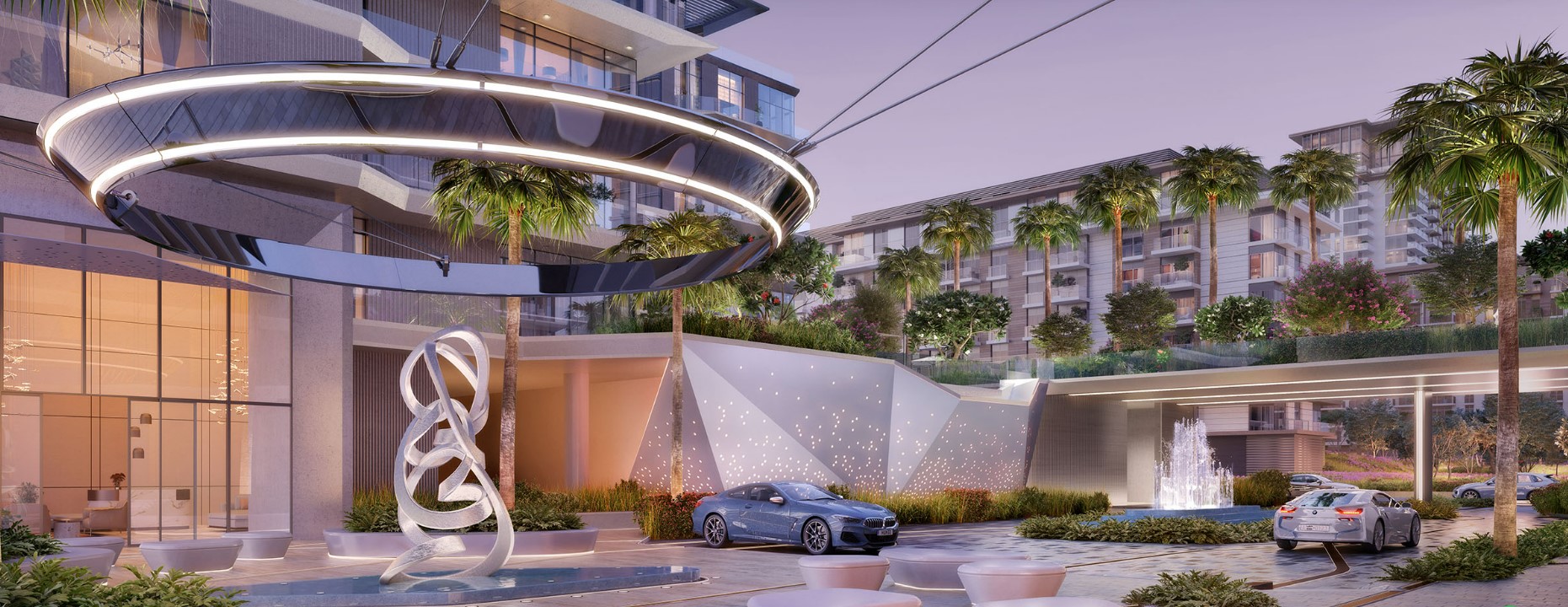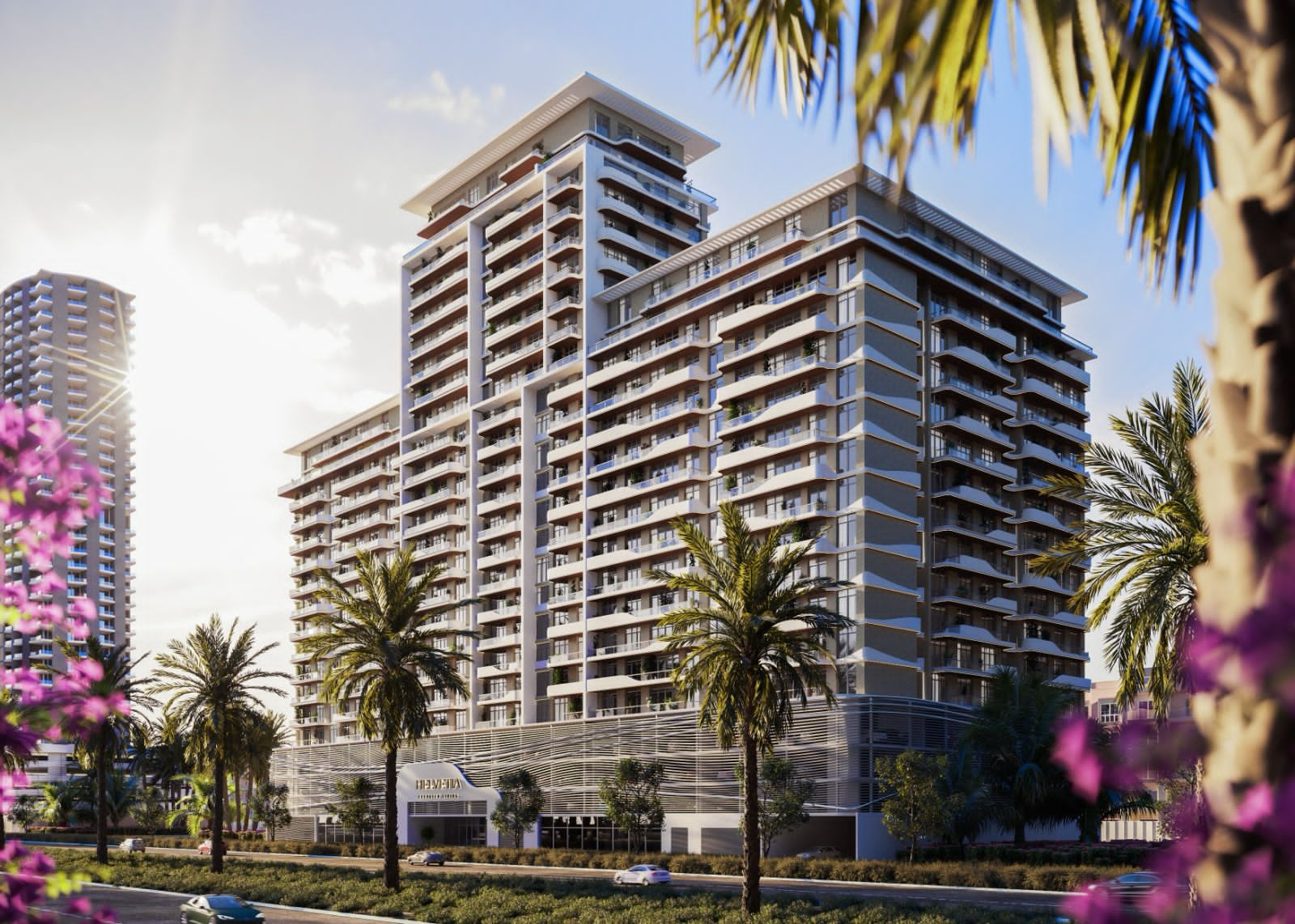When it comes to constructing or renovating a property, choosing the right building materials is crucial for ensuring longevity, strength, and overall quality. Concrete, a fundamental material in construction, offers various benefits but also comes with certain considerations. At Loveridge Properties and Consult, we aim to provide you with essential information to help you make informed decisions. Here’s what you need to know before choosing concrete for your project.
Understanding Concrete Composition
Concrete is a composite material composed of cement, water, aggregates (sand, gravel, or crushed stone), and admixtures. The proportions of these components can significantly influence the properties of the concrete. For instance:
- Cement: The type and amount of cement determine the strength and setting time.
- Water: The water-to-cement ratio impacts the workability and durability of the concrete.
- Aggregates: The size, shape, and quality of aggregates affect the concrete’s strength and stability.
- Admixtures: These are added to modify properties like setting time, workability, and durability.
Benefits of Using Concrete
1. Durability
Concrete is known for its high durability and resistance to environmental factors such as weather, chemical exposure, and wear and tear. This makes it ideal for both residential and commercial constructions.
2. Strength
The compressive strength of concrete allows it to withstand heavy loads, making it suitable for structural components like foundations, columns, and beams.
3. Versatility
Concrete can be molded into various shapes and sizes, allowing for creative architectural designs and applications in different types of construction projects.
4. Energy Efficiency
Concrete has thermal mass properties that help in regulating indoor temperatures, leading to energy savings in heating and cooling.
5. Fire Resistance
Concrete is non-combustible, which adds an extra layer of safety to buildings by slowing down the spread of fire.
Considerations Before Choosing Concrete
1. Quality of Materials
Ensure that high-quality raw materials are used in the concrete mix. Poor-quality aggregates or incorrect water-to-cement ratios can compromise the strength and durability of the concrete.
2. Environmental Impact
Concrete production involves significant carbon emissions due to the manufacturing of cement. Opt for eco-friendly alternatives like recycled aggregates or supplementary cementitious materials (SCMs) to reduce the environmental footprint.
3. Curing Process
Proper curing is essential to achieve the desired strength and durability. Curing involves maintaining adequate moisture, temperature, and time for the concrete to set and gain strength.
4. Cost
While concrete is generally cost-effective, the price can vary based on the type of cement, additives, and labor costs. It’s essential to balance quality and budget considerations.
5. Maintenance
Although concrete is low maintenance, it is not maintenance-free. Regular inspections and minor repairs can prevent more significant issues like cracks and surface degradation.
Innovative Concrete Solutions
At Loveridge Properties and Consult, we stay updated with the latest advancements in concrete technology. Some innovative solutions include:
- High-Performance Concrete (HPC): Offers superior strength and durability for specialized applications.
- Self-Healing Concrete: Contains materials that can automatically repair cracks.
- Permeable Concrete: Allows water to pass through, reducing runoff and improving groundwater recharge.
Conclusion
Choosing the right concrete mix and understanding its properties can significantly impact the success of your construction project. At Loveridge Properties and Consult, we are committed to providing expert advice and high-quality materials to ensure your project stands the test of time. For more information and professional guidance, visit our website at Loveridge Properties and Consult.










